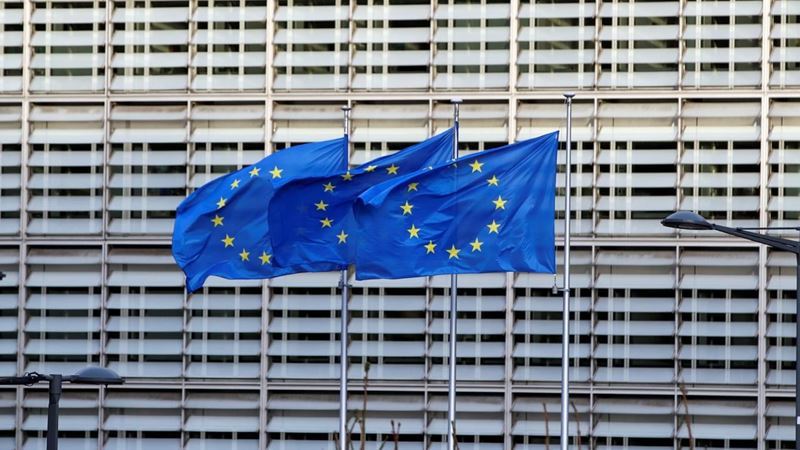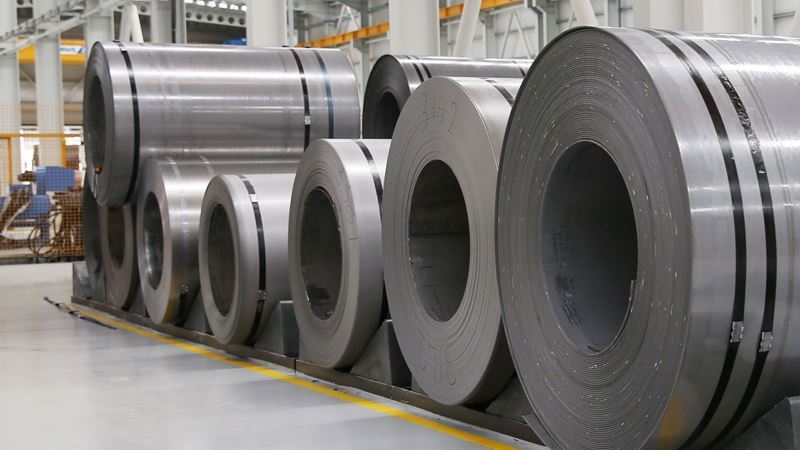The European Union (EU) has enacted significant changes to the Carbon Border Adjustment Mechanism (CBAM), aimed at preventing the risk of carbon leakage. The “CBAM Simplification Regulation” (EU) 2025/2083, published in the Official Journal of the EU on 17 October 2025, amends the existing CBAM Regulation (EU) 2023/956 to reduce administrative burdens on businesses. The new regulation entered into force on 20 October 2025.
The simplification step follows the EU Council’s call in November 2024 for “clear, simple, and smart regulations.” The European Commission’s proposal, presented on 26 February 2025, was adopted in June after reaching a political agreement between the European Parliament and the Council. While CBAM is still in its transitional phase, full implementation of the system will begin on 1 January 2026.
Importers below 50 tons exempt
Under the new regulation, the previous EUR 150 per shipment exemption for CBAM-covered imports has been replaced with a single mass-based threshold of 50 tons per year. Businesses importing CBAM-covered products below this threshold within a calendar year will be exempt from reporting and certificate obligations.
Once the threshold is exceeded, all imports, including those previously exempt, will be subject to CBAM. The regulation applies to the iron & steel, aluminum, fertilizer, and cement sectors, while electricity and hydrogen imports are excluded.
The Commission will review the threshold annually to ensure that at least 99% of the embedded emissions in imported CBAM goods are covered by the regulation.
Declaration requirement for importers exceeding the threshold
The new system prevents the artificial splitting of imports. Importers exceeding the threshold without an authorized CBAM declarant status will face fines ranging from EUR 300 to EUR 500 per ton. Payment of the fine will relieve the importer of the reporting obligation for the relevant period.
Firms expected to exceed the threshold must apply for authorized CBAM declarant status by 31 March 2026. Temporary import permission will be granted until applications are processed.
Flexibility in certificate and declaration procedures
CBAM declarations must be submitted annually by 30 September and include details on import quantities, embedded emissions, and carbon prices paid in third countries.
Additionally, the required certificate ratio for importers has been reduced from 80% to 50% of emissions. The sale of CBAM certificates for imports in 2026 will begin on 1 February 2027, with prices set based on the three-month average of EU ETS allowances for 2026.
Third-country carbon payments eligible for deductions
Authorized declarants may reflect carbon payments made in third countries as certificate reductions. From 2027 onward, the European Commission will publish default prices for countries with carbon pricing systems to be used in CBAM.
Fine amount set at EUR 100
Non-compliance penalties under CBAM have been aligned with the EU Emissions Trading System (ETS) at €100 per ton. Reductions may apply for minor errors.
Meanwhile, uncalcined kaolin clays are excluded from CBAM, and only direct emissions are considered in the electricity sector. Verification bodies must register in the CBAM registry by 1 September 2026.
Scope expansion planned
The Commission plans to propose an expansion of CBAM coverage to downstream products and allow deductions for carbon prices paid in third countries in the last quarter of the year. Furthermore, under Article 30 of the CBAM Regulation, a report on expanding CBAM coverage to sectors such as organic chemicals, polymers, and transport services will be published by the end of 2025.
The new CBAM Simplification Regulation aims to lighten the administrative burden on businesses while supporting the EU’s green transition goals. With streamlined procedures, CBAM implementation is expected to become clearer, more accessible, and more effective from 2026 onward.











Comments
No comment yet.